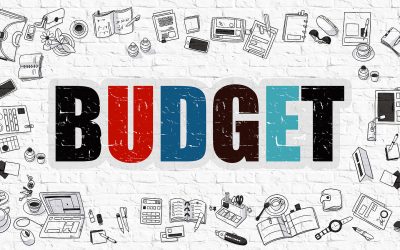The tax implications of arrangements involving claims for damages are often complex, whether viewed from the perspective of the payor or recipient. The case of Kangra Group (Pty) Ltd v C:SARS (Kangra case), which was recently heard by the Western Cape division of the High Court, deals with the deductibility of a settlement payment arising from claims for damges.
Facts of the case
Kangra Group (Pty) Ltd (‘KG’) was in the business of exploitation, beneficiation and sale of coal. KG concluded 2 agreements with AMCI Export (‘AMCI’), an American trader, to supply it with a specified amount of coal at an agreed price per tonne (the price agreed in terms of the second agreement was USD27,5 per tonne)
During 2003, in anticipation of the introduction of the mining charter, KG disposed of its coal business to Kangra Coal (Pty) Ltd (‘KC’). KC acquired the business for a purchase price of R250 million and the assumption of KG’s outstanding liabilities. Subsequently KC fulfilled the obligations to supply coal to AMCI.
The price of coal increased significantly to about USD 40 per tonne. Mr Beck, the guiding mind behind both KG and KC’s business at the time, elected to default on the obligations towards AMCI in order to benefit from the higher open market price of coal. AMCI undertook arbitration for contractual damages suffered from the non-delivery of the coal. KG and AMCI eventually settled the damage claims for an amount of R90 million.
Dispute and judgment
KG deducted the settlement amount from its taxable income in terms of section 11(a) of the Income Tax Act. From the reported judgment it appears as if SARS firstly disallowed the deduction on the basis that KG settled KC’s contractual obligation. Alternatively, the expenditure was not incurred in the production of KG’s income.
In relation to the first line of argument by SARS, the court concluded that AMCI did not provide the consent required for the supply obligations to be transferred to KC. As such, KG was in fact the party contractually bound to deliver the coal to AMCI and also the party that defaulted on its obligations.
The outcome therefore centred around the question whether the settlement expenditure was incurred in the production of KG’s income. This depends on the closeness of the connection between the income-generating trade and the cause of the liability for damages. Gamble J considered the impact of the fact that intentional breach is unlawful on the deductibility in some detail and came to the conclusion that, based on the PE Electric Tramway case, the settlement claim would not be deductible under section 11(a) as the act that caused it was unlawful.
He was however cautiously also indicate that if the above view was wrong, the expenditure would still not be regarded as incurred in KG’s income as it was incurred to enable KC, which would otherwise have supplied the coal at the contractual price, to exploit other opportunities to sell the coal at higher prices. This expenditure was therefore more closely connected to the production of KC’s income, as opposed to KG’s income. It may have been an interesting and more contentious debate had KC, rather than KG, made the settlement payment.
Concluding thoughts
It is submitted that the judgment in the Kangra case illustrates that the deductibility of expenditure is inherently a fact-specific enquiry; the deductibility of damage-related payments is no exception. While one should be very careful to attempt to generalise the findings of the court, this case is valuable to other taxpayers as it illustrates some of the tax matters that should be considered when dealing with damages or settlement payments.








